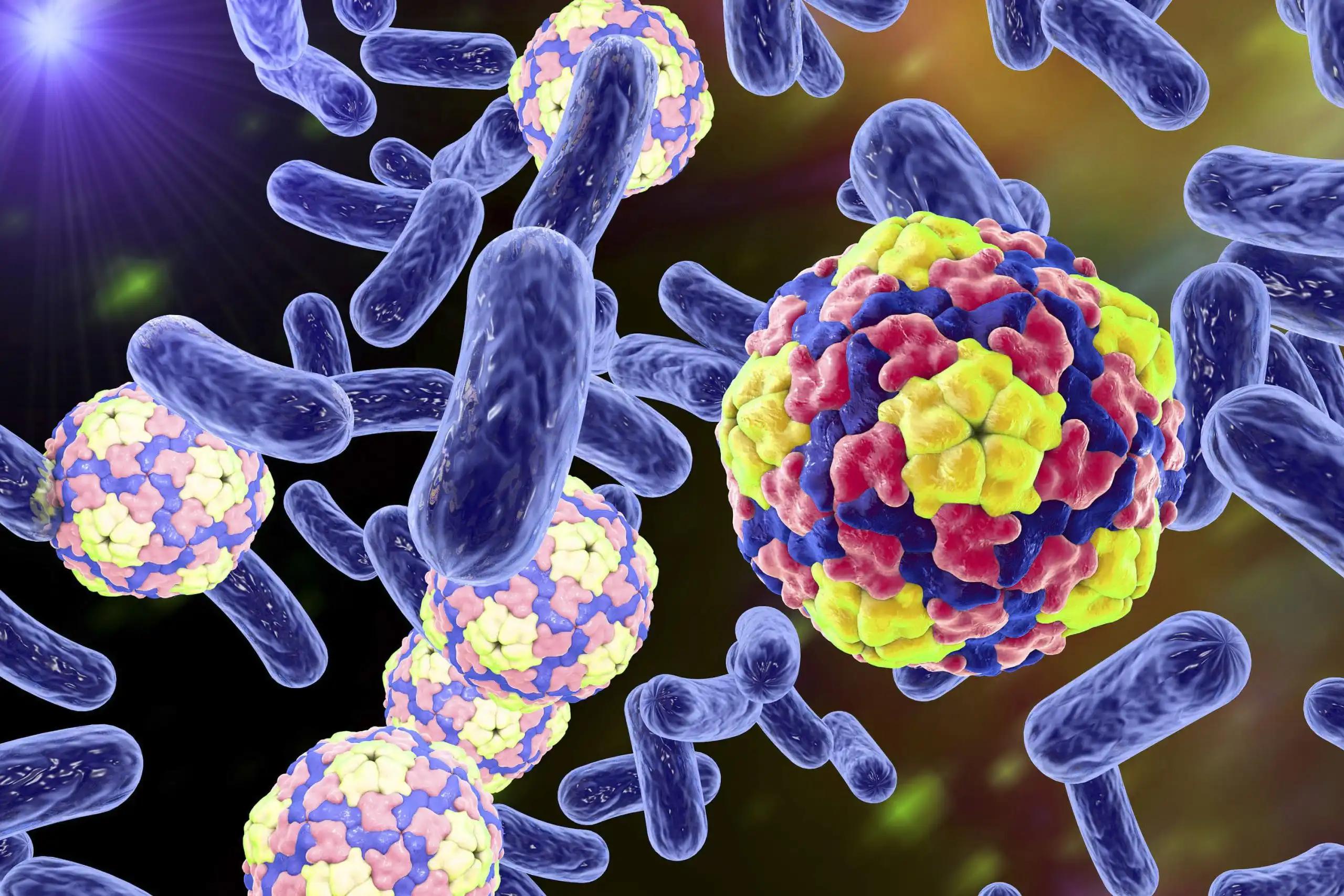KEY TAKEAWAYS
- The study aimed to investigate the impact of mTACE on MDSC subtypes and their role in the immunosuppressive tumor microenvironment in HCC.
- Researchers noticed that mTACE modulates MDSC subtypes, highlighting their potential as therapeutic targets in HCC.
Myeloid-derived suppressor cells (MDSCs) are crucial in immunosuppression and tumor progression in hepatocellular carcinoma (HCC). Although treatments such as surgical resection, ablation, and radiotherapy have been explored for their impact on circulating MDSC levels in patients with HCC, results remain inconclusive.
Transarterial Chemoembolization (TACE) is the standard treatment for unresectable HCC, with Microparticle TACE (mTACE) emerging as a preferred method due to its ability to induce significant tumor necrosis. Despite its clinical use, the immunological consequences of mTACE have not been well-documented.
Yuanxun Yue and the team aimed to assess the impact of mTACE on MDSC subtypes and their role in modulating the immunosuppressive tumor microenvironment in HCC.
They performed an inclusive analysis to elucidate alterations in MDSC subtypes, focusing on monocytic MDSCs (mMDSCs) and early-stage MDSCs (eMDSCs), following Microparticle TACE (mTACE). The study involved a cohort of 75 patients with HCC, 16 liver cirrhosis patients, and 20 healthy controls (HC). Peripheral blood samples from these participants were collected and analyzed to identify MDSC subtypes.
The research explored the relationships between MDSC frequencies and various clinical parameters in patients with HCC. Notably, mMDSC frequencies were significantly elevated in the HCC group compared to the liver cirrhosis and HC groups.
Furthermore, mMDSC levels were found to be strongly correlated with aggressive clinical features of HCC, such as tumor size, vascular invasion, and distant metastasis. After mTACE, a significant reduction in mMDSC frequencies was observed, while eMDSC levels remained stable.
The study concluded that mMDSCs play a crucial role in HCC pathogenesis and present a potential therapeutic target. Additionally, the efficacy of Microparticle TACE (mTACE) in modulating the immunosuppressive tumor microenvironment was highlighted, suggesting new possibilities for combinatorial immunotherapeutic strategies in the management of HCC.
The study was funded by the Capital’s Funds for Health Improvement and Research (2020-2-2242); The Tsinghua Precision Medicine Foundation (12020B7028); The Major Science and Technology R&D Project of the Science and Technology Department of Jiangxi Province: 20213AAG01013.
Source: https://pubmed.ncbi.nlm.nih.gov/39222024/
Yue Y, Ren Z, Wang Y, et al. (2024). “Impact of Microparticle Transarterial Chemoembolization (mTACE) on myeloid-derived suppressor cell subtypes in hepatocellular carcinoma: Clinical correlations and therapeutic implications.” Immun Inflamm Dis. 2024;12(9):e70007. doi:10.1002/iid3.70007



